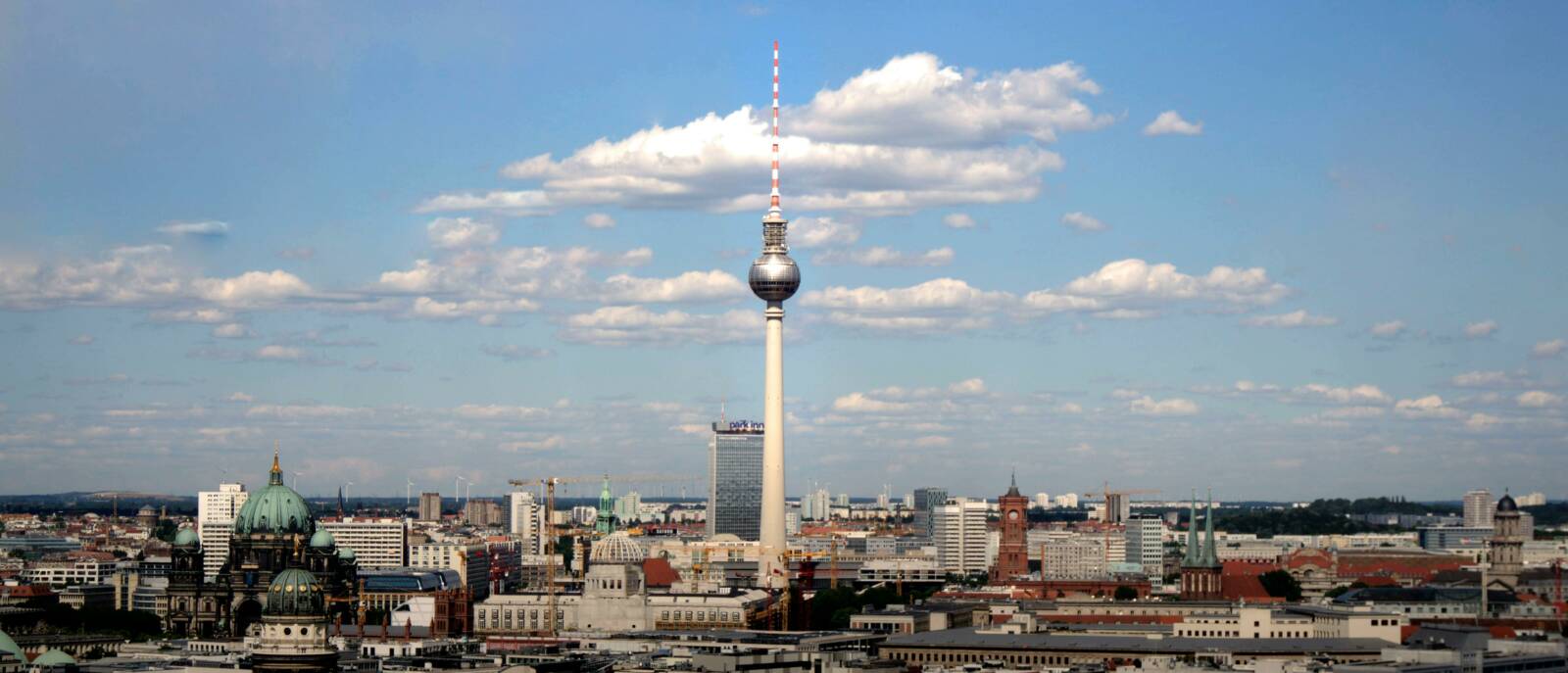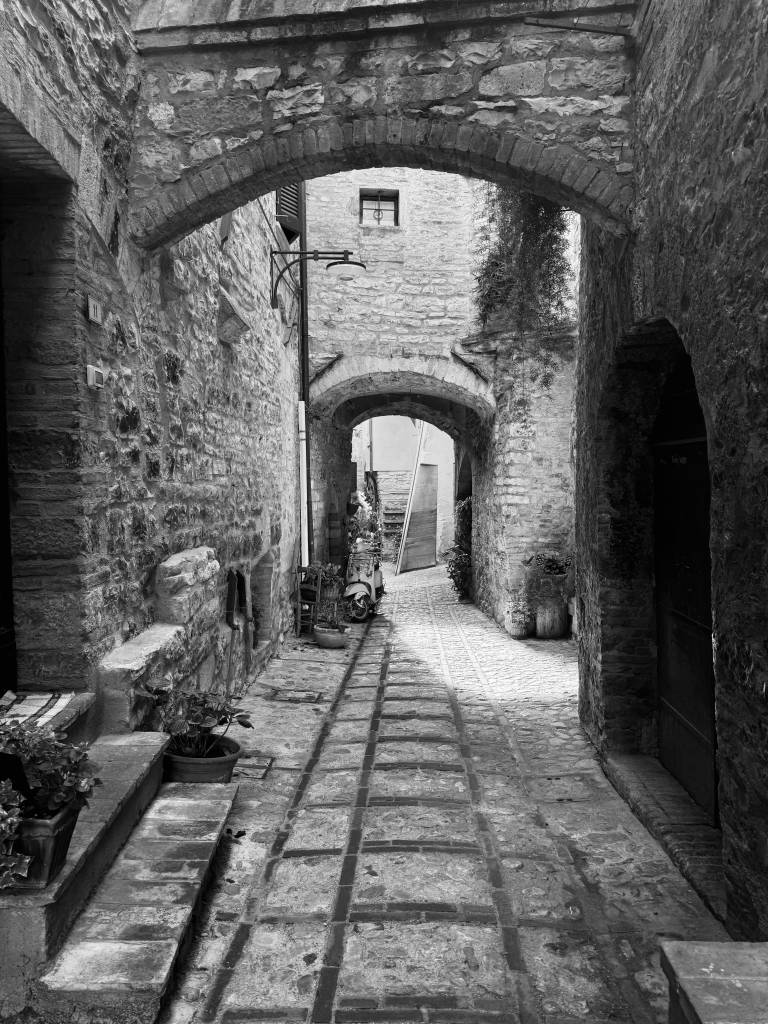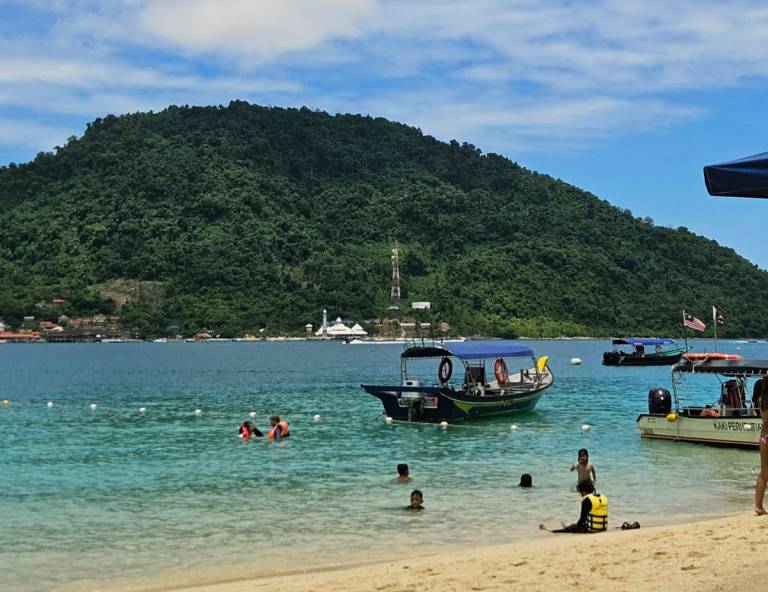Greetings from sunny Berlin. Spring is the best time to be in Germany. The weather is warm and countless trees and bushes are blossoming in gorgeous colours. If you ever want to visit Germany, come during springtime.
For the past few weeks I have been doing my practical training in microbiology and clinical chemistry in Institut für Medizinische Laboratordiagnostik (IMD Berlin) in Berlin, Germany. I have already fully completed my 3 weeks of microbiology and 2 weeks of clinical chemistry. Now is my last week at IMD. Everyone has been so nice and I have enjoyed my time in here.
I am doing my practical training in a private laboratory diagnostic company. Having only experience from a hospital laboratory prior to my exchange the scale of different analytes, analytic methods and number of samples has been shocking. Ten thousand blood collection tubes in a day is wild for me. Honestly being able to do my practical training in such a big laboratory has been a great privilege. I have seen so many different things I have never seen or even heard of.
My spare time in Berlin has not been that eventful. I have mainly been enjoying spring and eaten tons of good foods. I am at home, so I have spent a lot of time with my siblings, friends and family. Despite doing mainly mundane things I have also visited some attractions and done couple longer trips outside of Berlin. I finally visited Haus der Wannsee-Konferenz which I had not been able to visit while I lived in Germany. It is a beautiful house with a horrid history. My family lives close to the botanical garden of Berlin which is one of my favorite places in whole Berlin, so I have obviously spent some time in there as well. I can fully recommend visiting there during late spring or summer when everything is in full bloom.
Living in Central Europe makes visiting different European countries extremely easy. From Berlin you are in next to nothing in Poland or Denmark. Hence, I have visited both countries during my stay here.
Clinical laboratories need to follow certain guidelines and standards in order of the results being reliable. For this reason, the work steps and quality management do not differ too much between Finland and Germany. However Germany is years behind when it comes to digital things. The samples come with paper referrals and it is a lot of work when you have to type everything into a computer before you can start to analyzing process.
Doing practical training as a student in Germany differs a lot compared to Finland. In Germany you are expected to be extremely self-reliant. But not too self-reliant though. If you don’t ask questions it´s not good but too many questions is not great eighter. In Germany it can be seen as your responsibility as a student to find things to do and to see. You are shown how things are done and you are expected to do them after that without being asked to. I feel that in Finland you are never given that much responsibility. In Finland we usually have a schedule for the training period and it is seen as more important that we see as many things as possible. In Germany you are given a lot of tasks like pipetting reagents or diluting samples which helps the employees with their jobs. The amount of tasks varies depending where you are. Even though I did a lot of pipetting etc. I got to see and take part of the actual analyzing process as well. I was also given written assignments and was constantly asked questions which has never happened in Finland. I even had an oral questioning after my training period in clinical chemistry! Practical training might be totally different in Germany. However if you know about it beforehand it does not come as a shock and you can be prepared to get the best out of your training period. It is also important to note that I am a fluent German speaker who has lived in Germany so I might have been treated more like a German student. So do not be afraid to do your practical training in Germany. I myself truly enjoyed my time in here despite everything.






Comments